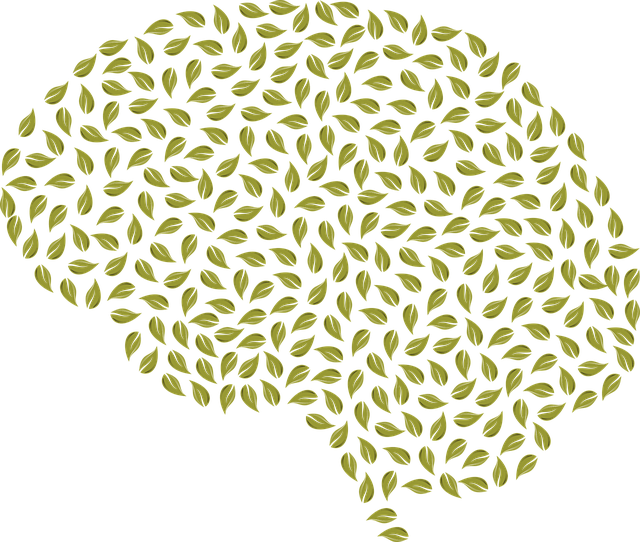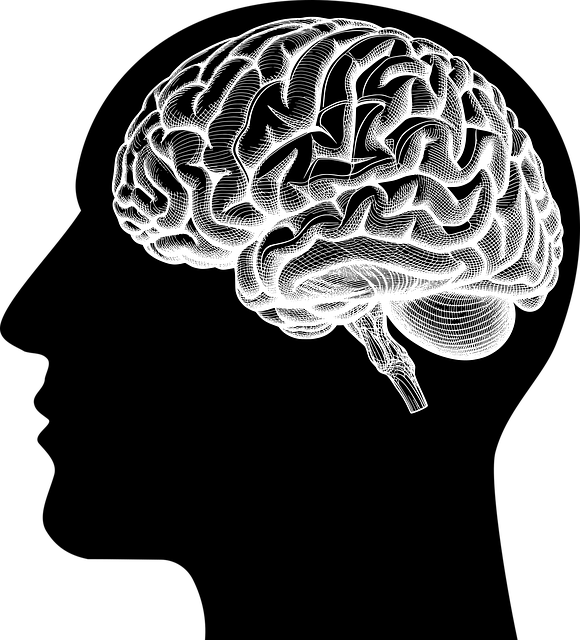Bilingual therapy offers a novel, effective approach to managing stress among young adults by leveraging cognitive advantages of multilingualism. Through tailored support addressing cultural backgrounds and combining relaxation techniques with mindfulness, this method enhances emotional regulation skills and language fluency. By reducing stigma, improving well-being, and promoting proactive coping mechanisms, bilingual therapy ultimately boosts the quality of life for this demographic. Incorporating physical activity, accessible resources, and supportive communities further strengthens its effectiveness in empowering young adults to take charge of their mental health.
Stress management is a vital skill, especially for young adults navigating today’s demanding world. This article explores effective techniques to empower individuals with tools to combat stress. We delve into the profound impact of chronic stress on this demographic and its connection to mental health. Additionally, we highlight the benefits of bilingual therapy as an innovative approach. Through practical strategies, it teaches relaxation, mindfulness, and healthy habits, fostering resilience. By incorporating physical activity and supportive communities, young adults can achieve long-term stress management, enhancing their overall well-being.
- Understanding Stress: Its Impact on Young Adults
- The Benefits of Bilingual Therapy for Stress Management
- Practical Techniques: Teaching Relaxation and Mindfulness
- Incorporating Physical Activity and Healthy Habits
- Supportive Resources and Community Building for Continuous Growth
Understanding Stress: Its Impact on Young Adults

Stress is a ubiquitous aspect of modern life, particularly for young adults navigating academic pressures, career paths, and social expectations. For this demographic, understanding and managing stress effectively can be transformative. Unchecked, chronic stress can lead to significant mental health issues, such as anxiety and depression, which have been on the rise among young adults. Bilingual therapy offers a unique and effective approach to addressing these challenges by providing support tailored to individuals’ cultural backgrounds.
The impact of stress on young adults is profound, affecting not just their mental well-being but also physical health. Recent studies highlight the link between elevated stress levels and various mental illnesses, underscoring the importance of early intervention and mood management strategies. Bilingual therapy focuses not only on language fluency but also on emotional regulation, helping clients develop coping mechanisms to navigate life’s stressors. Through these therapeutic methods, young adults can learn to reduce the stigma associated with seeking help for mental health concerns and foster better emotional regulation skills, ultimately enhancing their overall quality of life.
The Benefits of Bilingual Therapy for Stress Management

Bilingual therapy offers a unique and powerful approach to stress management, particularly for young adults navigating complex emotions. This innovative method leverages the cognitive benefits of being bilingual, enhancing problem-solving skills and promoting better emotional regulation. By engaging in therapy through two languages, individuals can develop enhanced communication strategies, allowing them to express their feelings more effectively and gain deeper insights into their mental wellness.
The integration of mindfulness meditation techniques within bilingual therapy further reinforces its effectiveness. Mindfulness encourages present-moment awareness, helping young adults manage stress triggers and cultivate a sense of calm. This combination of language proficiency and mindfulness meditation can be a game-changer in the development of robust mental wellness coaching programs, empowering individuals to take control of their emotional well-being and foster healthier coping mechanisms.
Practical Techniques: Teaching Relaxation and Mindfulness

Teaching young adults practical stress management techniques such as relaxation and mindfulness can be a game-changer in their journey towards mental well-being. These skills are essential tools for navigating the challenges of everyday life, especially for those facing burnout or struggling with anxiety. Through bilingual therapy sessions, healthcare providers can foster an inclusive environment that caters to diverse cultural backgrounds, ensuring every client feels heard and understood.
Cultural competency training equips providers with the knowledge to deliver effective care tailored to individual needs. By incorporating Mind Over Matter principles into their practice, therapists empower young adults to take control of their mental health. This approach not only aids in stress reduction but also serves as a preventative measure against burnout, promoting long-term resilience and overall well-being.
Incorporating Physical Activity and Healthy Habits

Incorporating regular physical activity is a powerful tool for stress management, particularly for young adults seeking therapy. Exercise releases endorphins, natural mood elevators that can reduce feelings of anxiety and depression while promoting a sense of inner strength development. Whether it’s joining a fitness class, going for a run, or practicing yoga, engaging in physical activities helps clear the mind and provides an outlet for tension release.
Bilingual public awareness campaigns can play a significant role in educating young adults about stress management techniques. By sharing Mind Over Matter principles through accessible resources, these campaigns foster self-care practices that enhance overall well-being. Encouraging healthy habits like regular exercise, adequate sleep, and balanced nutrition forms the foundation for managing stress effectively, empowering individuals to take control of their mental health journey.
Supportive Resources and Community Building for Continuous Growth

Incorporating supportive resources and fostering a sense of community is vital for continuous growth in stress management techniques, especially among young adults. Bilingual therapy offers unique advantages, addressing both cultural and linguistic needs, which can significantly enhance mental wellness. This approach ensures individuals from diverse backgrounds feel comfortable expressing their concerns and engaging in activities that promote healing.
Additionally, providing accessible resources such as mental wellness journals and guidance on journaling exercises can empower young adults to take proactive steps towards depression prevention. These tools offer a space for self-reflection and emotional processing, allowing them to develop effective coping strategies. By combining these resources with a supportive community, individuals are equipped to navigate stress management journeys tailored to their specific needs and cultural contexts.
Stress management techniques teaching plays a pivotal role in empowering young adults to navigate life’s challenges. By understanding stress, leveraging bilingual therapy, adopting practical relaxation and mindfulness practices, integrating physical activity, and building supportive communities, individuals can cultivate resilience and enhance overall well-being. These comprehensive strategies not only benefit current mental health but also lay the foundation for a healthier, more balanced future.














